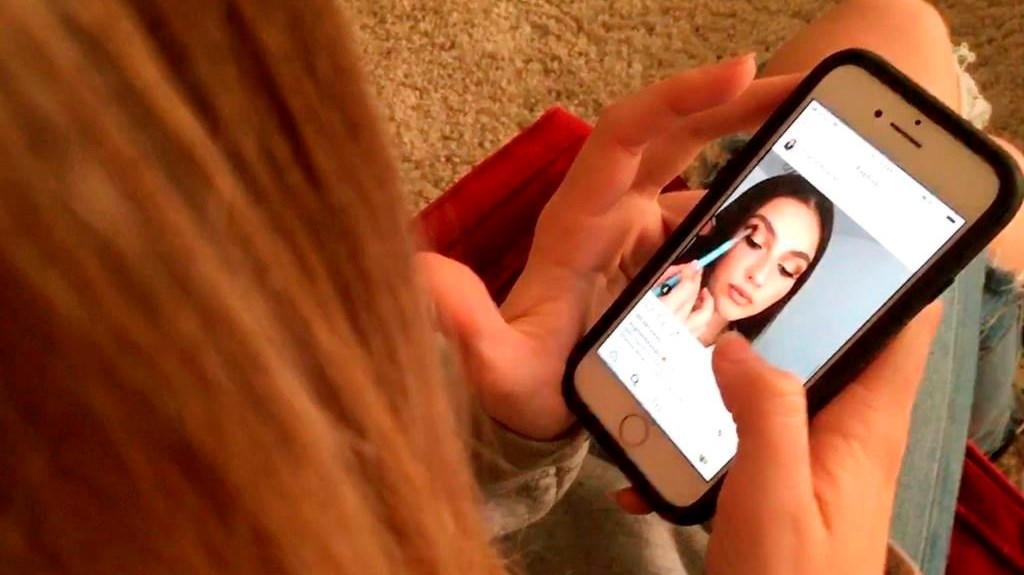Quebecers are invited to put their phones, tablets and other screens aside on Sunday to attend the 24-hour pause shutdown event. The goal for this fourth year is to recognize the place that screens occupy in life and to rebalance one’s digital habits.
Young people aged 16 to 29 are particularly concerned, and they are even being offered a contest with a $1,000 cash prize. They can choose whether they want to spend their free time 24 hours without a screen or only without social networks, without video games or without “streaming”.
The coordinator of Pause’s youth component, Carolanne Campeau, explains that the project’s raison d’être is to prevent the risks associated with hyperconnectivity.
“We can see it as a social context that we live in that pushes us to connect more as much as possible and at all times,” she explains. And that includes benefits, but also its share of risks and possible negative effects.
Consequences of hyperconnectivity are visual disturbances, postural pain, lack of exercise and obesity.
“But the psychological aspect, I think that’s very present in young people”emphasizes Ms. Campeau, who is also a lecturer at the University of Sherbrooke.
For example, a person may need to compare themselves through their use of social media, which can impact their mental health, particularly when it comes to stress, anxiety, and depressive symptoms.
According to a Léger survey of 752 Quebecers aged 18 to 24, 89% would like to reduce the time they spend online.
“See effects for yourself, in terms of their physical health or their mental health, which can also be school performance or poorer sleep quality”stresses Ms Campeau.
Additionally, nearly two-thirds of respondents say they sign in automatically.
“It’s no coincidence,” says the coordinator. There are people behind the screens, developers, studying human behavior and making sure we develop these kinds of reflexes. The time we spend online is money to them.
According to a 2019 study by the Direction régionale de santé publique de Montréal, using screens for more than four hours a day for leisure activities is associated with greater psychological distress, poorer physical health, sleep disturbances, and higher levels of dissatisfaction in multiple areas of life, like relationships and finances.
The aim of the 24-hour break is therefore to regain control over screen usage.
“We only have 24 hours a day. So if we devote much of that time to activities that are on a screen, we end up crowding out other types of interests or passions that we might have.”says Mrs. Campeau.
On Sunday, she suggests planning an activity, something you haven’t done in a while, like a hike or a board game night.
It’s about “trying to see what we put aside and that we can integrate back into our lives”, She adds.
Anyone can register for the 24-hour screen-free challenge on the website pausetonecran.com, an initiative of the social organization Capsana and funded by the Quebec government.
The site also offers resources for parents on hyperconnectivity.
Martin Leblanc and Johanna Pellus, The Canadian Press

Award-winning entrepreneur. Baconaholic. Food advocate. Wannabe beer maven. Twitter ninja.






